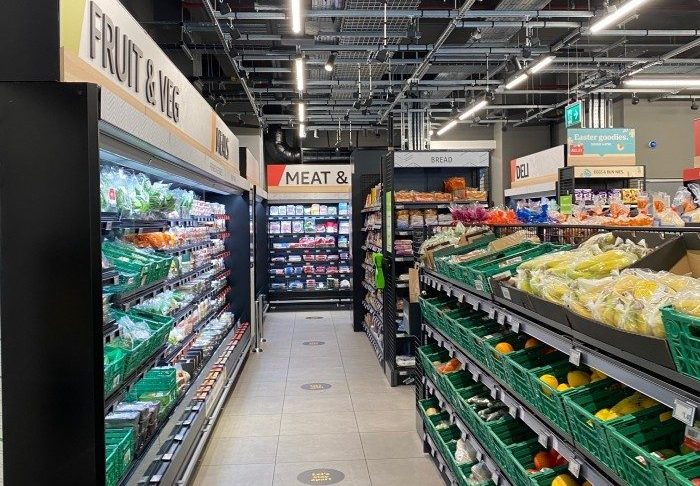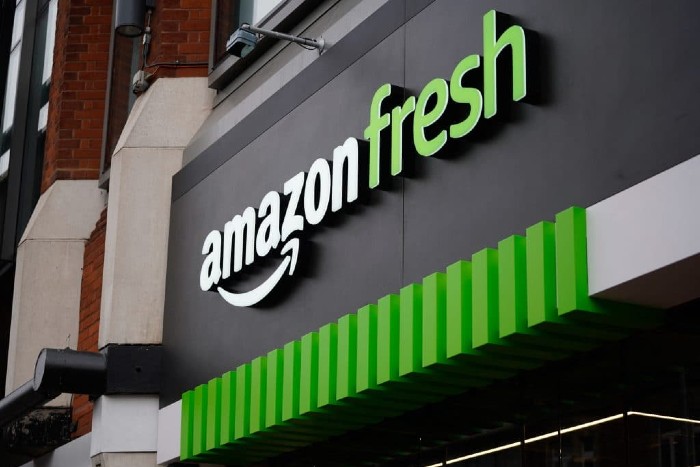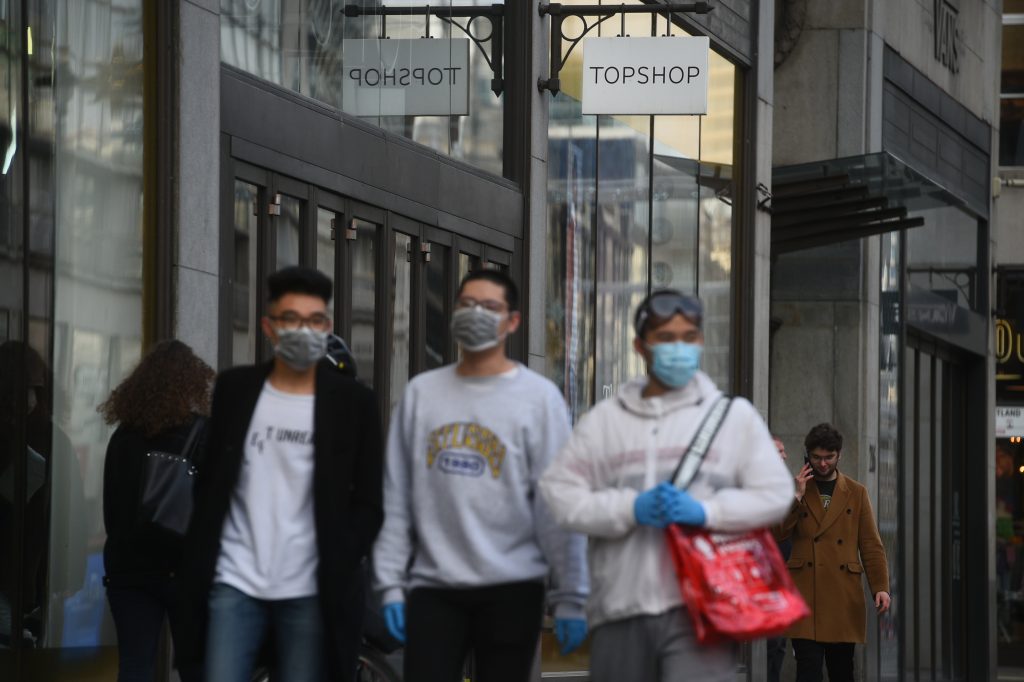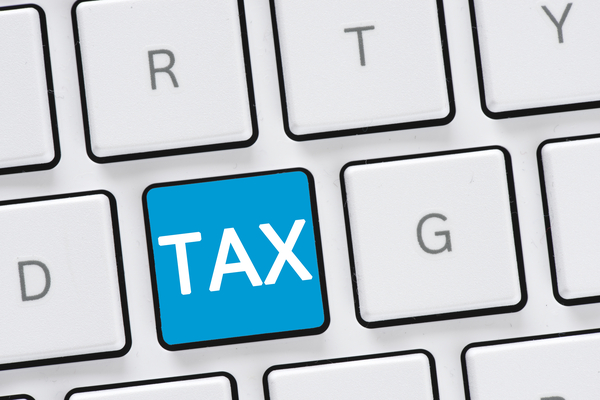As a millennial, I hadn’t expected the prospect of my pension to enter my day-to-day thoughts for another few decades. As with many other things I never thought I’d have to worry about this year (nuclear war and robots taking my job), it has become a bit of a concern.
This is not because of the sudden onset of arthritis, though the cold weather doesn’t help, but because two heavyweight names in retail have all but collapsed, leaving unfathomable sums of money owed to their pension schemes.
Frank Field, head of the Work and Pensions Committee and the most effective line of defence for employees who’ve had their pensions compromised, penned not one but two letters this week.
The first was to the collapsed grocery supplier Palmer & Harvey, which appointed administrators last week and placed 2500 people out of work. Although the figure is yet to be confirmed it’s thought that its pensions deficit stands at around £80 million.
Despite this pensions chasm and sustained losses of around £10 million a year since 2009 (except 2014), Palmer & Harvey paid around £8 million a year in dividends to its shareholders, a fact Field was not pleased about.
“Regardless of the size of the deficit, it now seems inevitable that the scheme will enter the Pension Protection Fund, potentially exposing ordinary staff members to cuts to their pensions,” he said.
His second letter was to Toys R Us, which is threatening to close 26 UK stores and leave around 800 people out of work. The toy retailer, whose pensions deficit is £18.4 million, turned away £584.5 million in loans it was owed, despite making a loss of £673.3 million that year.
Thankfully for the thousands of ex-employees who now face the same lengthily battle to recoup their pension funds the 22,000 BHS staff did, Field is now well practiced in taking companies to task for their failings.
If there are any lessons to be learned from P&H and Toys R Us, its that pensions black holes are usually attributable to repeated failings of corporate governance”
But if there are any lessons to be learned from BHS it’s that the Pensions Regulator, despite recent enhancements in legislation, is woefully under-equipped to effectively recoup these huge sums. Although the Pension Protection Fund may once again be brought in to soften the blow, only 90 per cent of pensions are guaranteed to be found.
If there are any lessons to be learned from P&H, Toys R Us and of course BHS, it’s that pensions black holes are usually attributable to repeated failings of corporate governance.
What is truly frightening about these cases is the increasing likelihood of it happening again and at an accelerated rate. In August this year, I reported that the combined pensions deficit of the FTSE 350 now accounts for 70 per cent of its profits, around £62 billion.
This is largely due to significantly lower interest rates on bond yields since Brexit. University of Warwick finance professor Michael Moore told the Retail Gazette last year that “finding low-risk investments that provide an adequate yield is proving almost impossible for pension funds”.
Statisticians have warned that even a marginal drop in the value of bond yields could see deficits outstrip profits by 2019.
Brexit has also encouraged what many refer to as a “perfect storm” on the high street, which has backed many long-standing retailers into a genuinely threatening financial corner.
Lower spending power and higher costs are likely to see even more retailers become uncomfortably familiar with Frank Field and his public letters.
Economic doom and gloom aside, the real challenge facing those in retail who’d like to retire comfortably is changing the culture of oversight and failings of corporate governance that lead to these situations in the first place.
Click here to sign up to Retail Gazette‘s free daily email newsletter

























1 Comment. Leave new
Hi there, I sort of stumbled onto this page as I was looking for some advice on what to do about being mis-sold pension (my husband has only recently found out that he was mis-sold one a while ago). I don’t know if anyone will be able to help me but I thought I might as well ask on the off chance! I was basically wondering (as stupid a question as this may sound) – how exactly are we supposed to go about making a claim back for it? I’ve read lots of conflicting advice on the subject and it’s really thrown both myself and my husband. Are we better making the claims ourselves or going through a company? I was reading an article about a business called EMCAS has anyone heard of them? Would they be the type of company we should be going through? We’re really at sea here so any advice anyone could offer us would be fantastic.